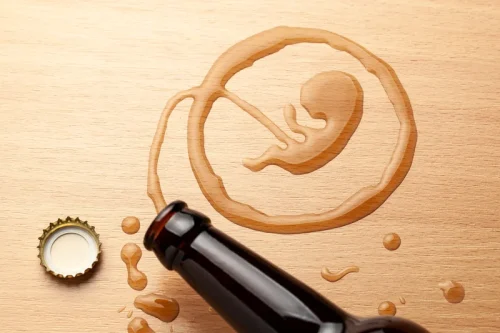22 Nov The Stages of Alcoholism & Jellinek Curve Explained

End-stage alcoholism, also known as late-stage alcoholism, represents the most severe phase of an alcohol use disorder (AUD), characterized by profound health issues and life-threatening conditions. At this stage, individuals may experience a constellation of mental and physical symptoms due to years of excessive alcohol consumption. Chronic alcoholism, also known as alcohol use disorder (AUD), is a severe form of alcohol dependence characterized by the compulsive consumption of alcohol despite negative consequences. This stage signifies a critical progression from occasional misuse to a pattern of heavy drinking that can lead to profound health complications. As individuals continue to engage in chronic alcohol consumption, they may experience a range of detrimental effects on both their physical and mental health.

Alcohol Use Disorder: Definition, Symptoms, and Global Impact

The complexity of its impact necessitates a multifaceted approach to treatment and recovery, addressing the disorder’s physiological and psychological dimensions. It’s important to note that these symptoms can vary widely among individuals. Some may show obvious signs of problematic drinking, while others may not. However, five stages of drinking if there are at least two of the DSM-5’s 11 factors for alcohol use disorder present within a year, a diagnosis may be warranted. Connect with other people who struggle with alcoholism and find out how they cope. There are factors that pop up again and again when determining who might have an issue with alcoholism.

Early Alcohol Misuse
The individual may also engage in risky behaviors while drinking that they normally wouldn’t do otherwise. At this stage, friends and family begin to notice that something is wrong and some will organize an intervention to help the individual get treatment. This stage represents the most acute and damaging phase of alcoholism. Your health may decline rapidly, as your essential organs become compromised.
Stage 4: Alcohol Dependence
BetterHelp offers affordable mental health care via phone, video, or live-chat. From there, you will work on maintenance (learning to live sober) and, finally, transcendence or full recovery. They are typically obvious to others, including coworkers, family members, and friends. The individual can stay in this stage for many years but eventually start showing more disordered behaviors.
Their brain is changing—and without help, there can be serious long-term consequences. Those in the end stage of alcoholism, or late or deteriorative stage, are consumed by their drinking. Years of chronic alcohol consumption have ravaged their body and mind, and their lives revolve around little else other than the bottle. These physiological changes contribute to the increasing tolerance seen in early-stage alcoholics. Despite heavy alcohol consumption, they may show few signs of intoxication or ill effects from drinking, such as a hangover. And as tolerance builds, they’ll begin to drink more and more to achieve the same buzz or high they’re used to.
- Expect withdrawal symptoms, lifestyle adjustments, and emotional challenges.
- Despite efforts to hide their addiction, their drinking problem is quite obvious to others.
- Talk to your doctor if you think you might have a drinking problem.
- These medications, which a healthcare professional must prescribe, can include naltrexone, acamprosate, and disulfiram, among others.
Stage 4: Late Alcoholic
Addiction Treatment Programs

Recovery Advocacy
- A person who drinks alcohol regularly will eventually build up a tolerance.
- These physiological changes contribute to the increasing tolerance seen in early-stage alcoholics.
- End-stage alcoholism can also lead to profound cognitive impairments, affecting memory, attention, and decision-making abilities.
- If you or anyone you know is undergoing a severe health crisis, call a doctor or 911 immediately.
- BetterHelp can connect you to an addiction and mental health counselor.





No Comments